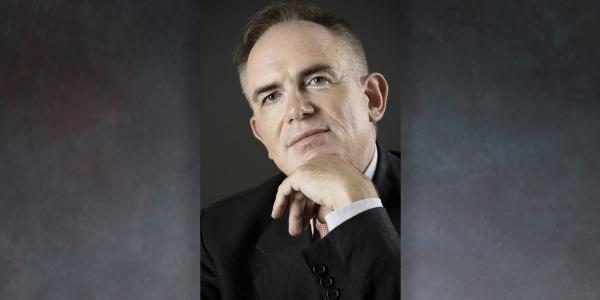CU Boulder Today recently spoke with Hillary Potter, associate professor of ethnic studies and associate dean for inclusive practice in the College of Arts and Sciences, to glean insights and understanding about Juneteenth.
Also known as Freedom Day, Jubilee Day and Liberation Day, Juneteenth celebrates the day when Union Army General Gordon Granger read aloud the Emancipation Proclamation on June 19, 1865, in the city of Galveston, Texas—supposedly the last place in the U.S. to hear of its passage. In fact, it took almost two and a half years for word to reach the farthest corners of the then 34-state union. Today, Juneteenth is recognized as a state holiday or special day of observance in 48 states. (Responses edited for clarity).
Do you think Americans broadly understand and honor Juneteenth as much as we should? Why or why not?
My general sense is that U.S. residents understand Juneteenth to have a connection to Black slavery and Black liberation, but that many do not understand its specific connection to the day that slaves in Galveston, Texas learned two and a half years later that they had been freed by order of President Lincoln’s Emancipation Proclamation. As with many Black cultural events, if those who are not part of the Black/African diaspora do not make their own efforts to connect with Black people and communities and to educate themselves on Black history and lived experiences, there is little impetus for others to engage in celebration of Black lives and the Black experience.
Do you think that attitudes are changing in regard to Juneteenth?
While some of the meaning for celebrating Juneteenth has been lost in years past, broader or renewed interest within Black communities and non-Black friends and allies has occurred with the onset of the Black Lives Matter Movement in the wake of the acquittal of Trayvon Martin’s murderer in July of 2013 and especially with the Ferguson uprising against the police killing of Michael Brown in August of 2014. Juneteenth celebrations offered additional opportunities for communities to gather to celebrate Black lives and fight for racial justice.
With social justice protests across the nation overlapping with Juneteenth celebrations, what do you think Juneteenth will look like this year?
I anticipate that Juneteenth celebrations this year will see greatly increased numbers in those attending and an even larger attendance than typical by white people. I anticipate organizers of Juneteenth celebrations will continue to keep most of the focus of the gatherings on a positive space for continued healing of Black peoples and on promotion of Black artists and entertainers and of Black chefs and small business owners who sell their goods at many of the celebrations across the country.
Several large companies are announcing Juneteenth will be a paid holiday going forward. What do you think about that shift?
The move of several large companies announcing that Juneteenth will be a paid holiday going forward appears simply reactive and performative. I’d like to know what existing policies will be enforced and what new policies and practices will be established to dismantle systemic and systematic inequitable practices within these companies.
How should people think about, honor and celebrate this holiday in the future?
It is not my place to express how people should think about, honor, and celebrate Juneteenth moving forward. Black peoples who celebrate the holiday have always utilized it to, at the least, gather with, support, and celebrate Black people and acknowledge our histories. For non-Black people, they must contemplate and educate themselves on how to best support and celebrate Black lives and experiences.
For people who may be unfamiliar with Juneteenth and its history, are there other resources you’d suggest?
To start, I would suggest Juneteenth.com, Blackpast.org and the Smithsonian National Museum of African American History & Culture.



